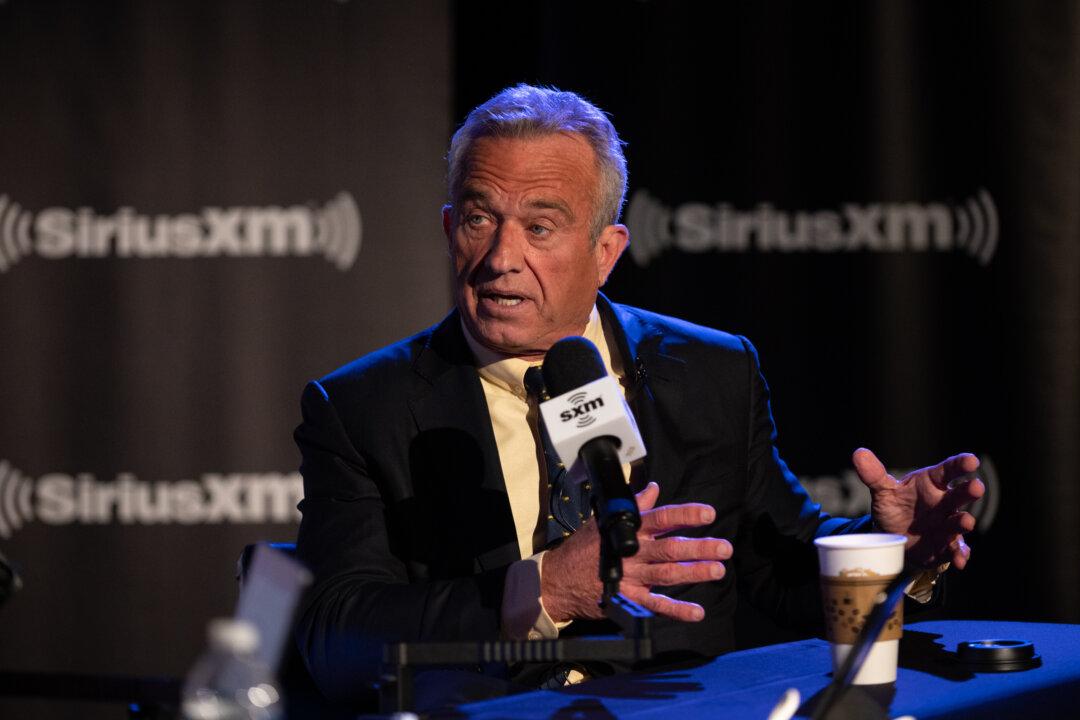Tempers ran high during a chaotic July 20 hearing of the House Select Subcommittee on the Weaponization of the Federal Government, in which Robert F. Kennedy Jr. was the star witness.
Mr. Kennedy, one of three declared candidates for the 2024 Democratic primary, along with President Joe Biden and author Marianne Williamson, has become anathema to others in his party for his oppositional position on COVID-19 policy and vaccine efficacy. The candidate, son of former Attorney General Robert F. Kennedy, has called for enhanced vaccine safety screening and has expressed doubts about the business practices of the pharmaceutical industry as a whole.





